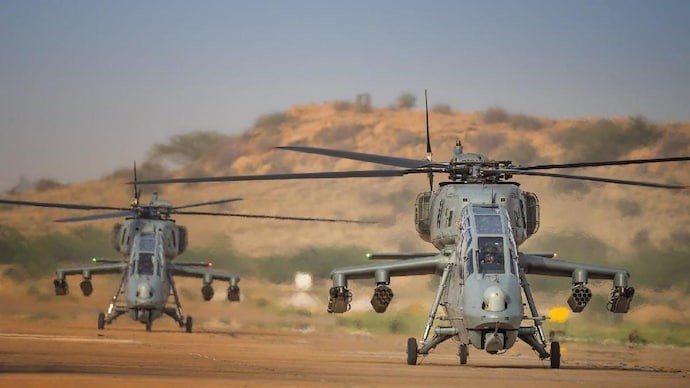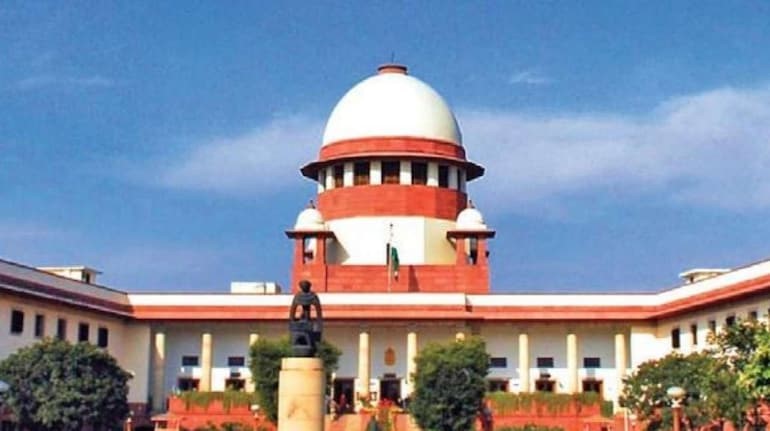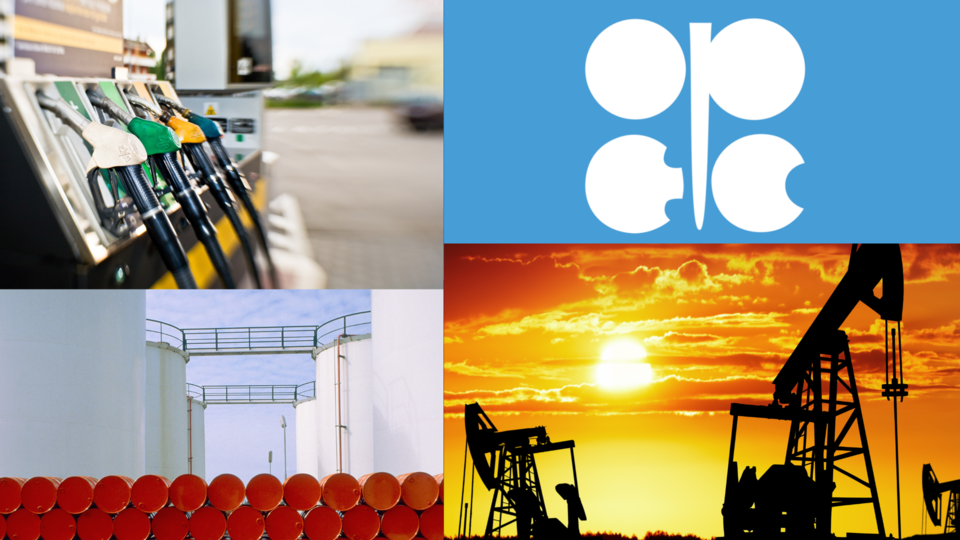India 4th ranked in Indo-Pacific in Defence self-reliance (GS Paper 3, Defence)

Why in news?
- India stands at fourth position among 12 countries of the Indo-Pacific in self-reliant defence production, says a study by the Stockholm International Peace Research Institute (SIPRI) that assessed self-reliance in arms production.
- China dominated the list leaving others behind by a long margin.
Key Findings:
- The study covered Australia, China, India, Indonesia, Japan, South Korea, Malaysia, Pakistan, Singapore, Taiwan, Thailand and Vietnam. Vietnam could not be included in the final ranking due to a lack of data.
- After China, Japan and South Korea, India is ranked fourth. Taiwan, Australia and Singapore rank fifth, sixth and seventh.
- Pakistan is ranked eighth, followed by Indonesia (rank 9), Malaysia (rank 10) and Thailand (rank 11).
India:
- Despite the long-term efforts, India remains one of the largest importers of major arms globally. For the period 2016-20, it ranked as the second largest importer."
- India’s domestic arms companies provide only 16 per cent of its total procurement. However, the significant arms sales of local firms and the high level of licensed production push India to fourth position in the list.
- India is highly dependent on imports of complete foreign major arms, including many produced under licence or as components for its domestic production. Of India’s total volume of procurement in 2016-20, 84 per cent was of foreign origin.
China:
- China remained the world’s fifth largest arms importer in 2016-20 but the implementation of the self-reliance and military civil fusion policies, combined with Chinas fast-paced economic growth, mean that the Chinese arms industry increasingly fulfils the requirements of the armed forces, the Peoples Liberation Army (PLA).
- Hence, while the volume of imports was still high in absolute terms, it accounted for only 8 per cent of total procurement for the period. This is the lowest share for any of the 12 governments studied in this report.
- The delivery of combat aircraft and air-defence systems from Russia were an important part of the Chinese imports, but these were all delivered by the end of 2019, and no new orders have since been announced.
- The domestic production in China is replacing many critical imports. For instance, the latest versions of the J-10, J-11 and J-20 combat aircraft and the Y-20 transport aircraft, which started to be delivered in 2019 and 2020, use Chinese-designed engines instead of the imported Russian engines used in earlier versions.
About SIPRI
- The SIPRI is an independent international institute dedicated to research into conflict, armaments, arms control and disarmament.
- Established in 1966 at Stockholm, SIPRI provides data, analysis and recommendations, based on open sources, to policymakers, researchers, media and the interested public.
Serbian scientists name new species of beetle after Novak Djokovic
(GS Paper 3, Environment)
Why in news?
- Recently, Serbian scientists have named a new species of beetle after tennis great Novak Djokovic.
- It is named Duvalius Dokovici.

Key Highlights:
- It has been named after him due to its speed, strength, flexibility, durability and ability to survive in a difficult environment.
- The insect, which belongs to the Duvalius genus of ground beetles that are present in Europe, was discovered several years ago in an underground pit in western Serbia.
- A new species was a specialised underground Coleoptera beetle, a predator which had lost its eyes living deep underground.
About Novak Djokovic:
- Recently, Novak Djokovic won the Tel Aviv Open to clinch his third title this season, after winning a seventh Wimbledon crown in July.
- He has won 21 Grand Slam men's singles titles, including a record nine Australian Open titles.
Witness statement should be recorded either on same or following day
(GS Paper 2, Judiciary)
Why in news?
- The Supreme Court has held that statement of a witness, including cross-examination, has to be recorded either on the same or the following day and there should not be any ground for adjournment on this.

What was the plea before SC?
- The apex court, which was hearing two pleas seeking quashing of bail granted by the Allahabad High Court to two persons in a murder case, was informed that it took almost three months to conclude recording of statement of one of the prosecution witnesses.
- The High Court, in its two separate orders passed in February and March, had granted bail to the two persons in connection with the case lodged at Bhadohi district in Uttar Pradesh for the alleged offences including that of murder.
- During the hearing before the apex court, the bench was informed that there are three eye-witnesses according to the list of witnesses and charge sheet has been filed in the case.
- The bench was also told that statement of one of the prosecution witnesses has been recorded and it took almost three months to conclude.
Section 309 of the CrPC:
- It was apprised that so far as statement of another prosecution witness is concerned, part of the examination-in-chief was recorded on September 21 and despite request been made, the mandate of section 309 of the Code of Criminal Procedure (CrPC) was not being followed which has been considered by the apex court in a judgment delivered in 2014.
- Section 309 of the CrPC deals with power to postpone or adjourn proceedings.
Prevailing law:
- The mandate of law itself postulate that examination-in-chief followed with cross-examination is to be recorded either on the same day or on the day following.
- In other words, there should not be any ground for adjournment in recording the examination-in-chief/cross-examination of the prosecution witness, as the case may be.
- In its order, the apex court noted that it would like to observe that the trial judge may take a note of the top court's judgment in reference to section 309 of the CrPC.
- It noted that the trial judge may not only expedite the trial but the examination-in-chief or cross-examination of a witness is to be recorded either on the same day or on the day following but no long adjournment should be granted while recording the statement of prosecution witnesses.
Way Forward:
- The bench has posted the matter for hearing after six weeks.
No Oil Producing and Exporting Cartels (NOPEC)
(GS Paper 3, Economy)
Why in news?
- The US legislation that could open members of oil producing group OPEC+ to antitrust lawsuits has emerged as a possible tool to tackle high fuel prices, after the body said it would slash production despite lobbying by the US administration.
- The No Oil Producing and Exporting Cartels (NOPEC) bill, which passed a Senate committee is intended to protect U.S. consumers and businesses from engineered oil spikes.

Background:
- OPEC+, which groups the Organization of the Petroleum Exporting Countries (OPEC) and 10 allied country, including Azerbaijan, Bahrain, Brunei, Kazakhstan, Malaysia, Mexico, Oman, Russia, South Sudan and Sudan, agreed to steep production cuts, curbing supply in an already tight market.
- The founding member Iran, Iraq, Kuwait, Saudi Arabia and Venezuela, established OPEC in 1960. OPEC has since expanded and now has 13 member states.
- Qatar terminated its membership on 1st January 2019.
- The objective of the organization is to “coordinate and unify the petroleum policies of its Member Countries and ensure the stabilisation of oil markets in order to secure an efficient, economic and regular supply of petroleum to consumers, a steady income to producers and a fair return on capital for those investing in the petroleum industry.
What is the NOPEC bill?
- The bipartisan NOPEC bill would tweak U.S. antitrust law to revoke the sovereign immunity that has protected OPEC+ members and their national oil companies from lawsuits.
- If signed into law, the U.S. attorney general would gain the option to sue the oil cartel or its members, such as Saudi Arabia, in federal court.
- It is unclear exactly how a federal court could enforce judicial antitrust decisions against a foreign nation.
- The United States could also face criticism for its attempts to manipulate markets by, for example, its planned release of 165 million barrels of oil from the emergency oil reserve between May and November.
- But several attempts to pass NOPEC over more than two decades have long worried OPEC’s de facto leader Saudi Arabia, leading Riyadh to lobby hard every time a version of the bill has come up.
What’s changed now?
- Previous versions of the NOPEC bill have failed amid resistance by oil industry groups, including the top U.S. oil lobby group, the American Petroleum Institute (API). But anger has risen in Congress about gasoline prices that earlier 2022 helped fuel inflation to the highest level in decades.
- Saudi Arabia has rebuffed repeated lobbying during visits by Biden officials not to cut production.
- Instead, OPEC+ agreed to cut output by the most since the start of the COVID-19 pandemic.
U.S. oil industry opposed:
- Lobby group API has long opposed NOPEC, saying it could hurt U.S. oil and gas producers.
- One industry concern is that NOPEC legislation could ultimately lead to overproduction by OPEC, bringing prices so low that U.S. energy companies have difficulty boosting output. Saudi Arabia and other OPEC countries have some of the world’s cheapest and easiest reserves to produce.
- A wave of oil from OPEC producers, even at a time of concerns about Russian supply could chill U.S. drillers, some of which are already reluctant to boost output despite the cut.
- The United States and its allies are already facing big challenges securing imports of reliable energy supplies, especially as sanctions ramp up on Russia, one of the world’s largest oil and gas suppliers, for its invasion of Ukraine.





